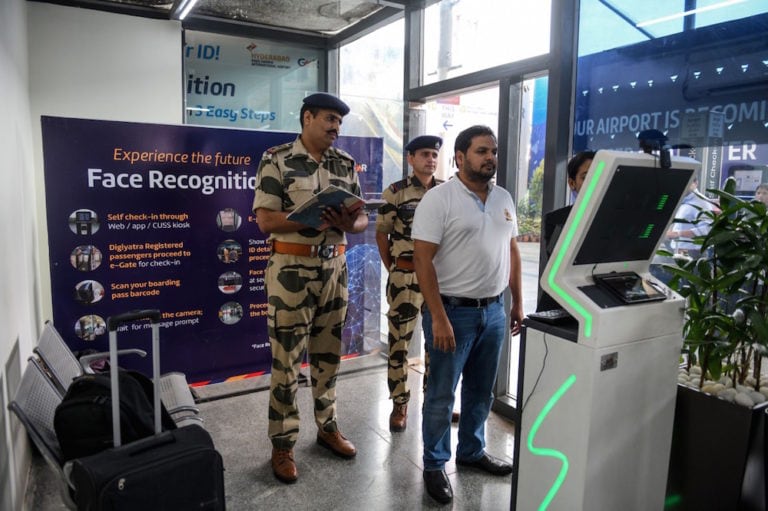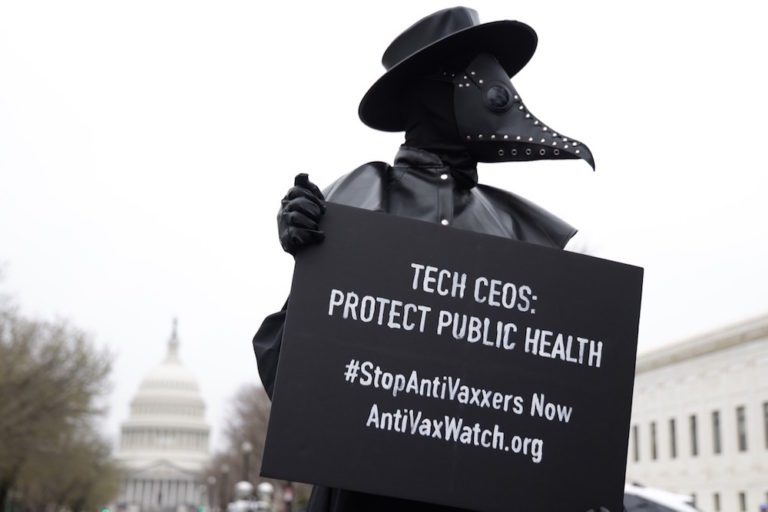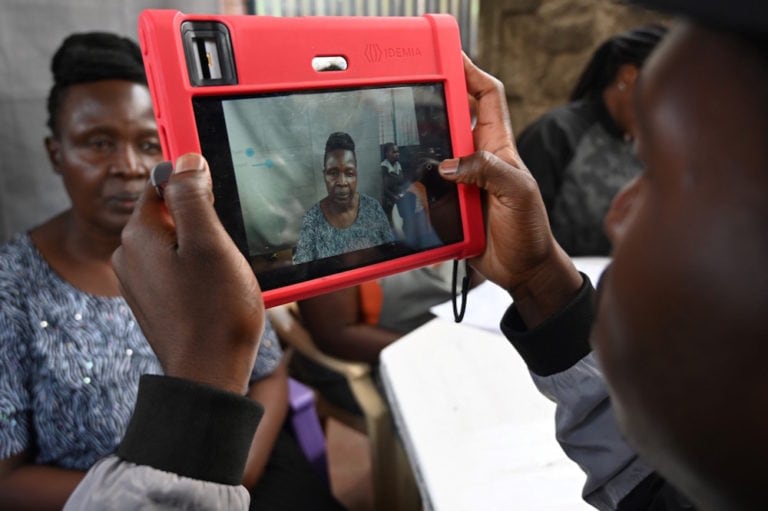Articles by Privacy International

How the diet industry exploits your data
More and more companies selling diet programmes are targeting internet users with online tests, with little to no clarity about what happens to the personal data you share.

What are the key concerns around artificial intelligence and the right to privacy?
In its submission to the UN report on AI and the right to privacy, Privacy International highlights concerns about facial recognition technology and argues for effective laws accompanied by safeguards to ensure AI applications comply with human rights.

Biometrics collection under the pretext of counter-terrorism
Countering the Spread of Biometrics: three case studies from differing contexts illustrate the looming dangers of the untransparent and unregulated collection of biometric data in the name of combating terrorism.

ECtHR: UK’s historical mass interception program violates rights to privacy and free expression
Privacy International analyses the court’s judgement and takes a look at what comes next.

Privacy International reflects on the UN’s first ever report on disinformation
Civil society must be alert to privacy challenges arising from the regulation of disinformation.

How national ID systems make social protection inaccessible to vulnerable populations
Governments are increasingly making registration in national ID systems mandatory for accessing social benefits, healthcare services, and other forms of state support. However, by virtue of their design, these systems inevitably exclude certain population groups from obtaining an ID and hence from accessing essential resources.

Open letter to Facebook and Google
A coalition of over 60 groups is calling on Facebook and Google to provide equal and better transparency regarding political advertising on their platforms globally.

African CSOs call for urgent reforms to EU aid
African civil society organisations have written to the European Union to ensure allocation of funding to African governments is not applied to facilitate the use of surveillance which violates the fundamental rights of citizens.
